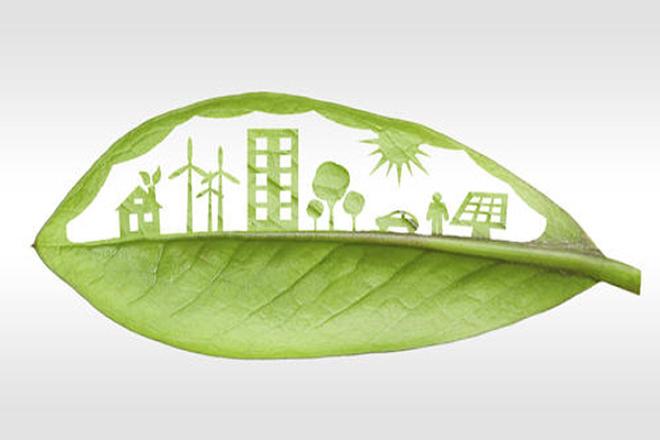Alternative Fuels from Biomass Sources

Credit: Agriculture, Corn, Cropland, 96715 by Alejandro Barrón is free to use
Resource Description
Is climate change real? Yes, it is! And technologies to reduce Greenhouse Gas (GHG) emissions are being developed. One type of technology that is imperative in the short run is biofuels; however, biofuels must meet specifications for gasoline, diesel, and jet fuel, or catastrophic damage could occur. This course will examine the chemistry of technologies of bio-based sources for power generation and transportation fuels. We'll consider various biomasses that can be utilized for fuel generation, understand the processes necessary for biomass processing, explore biorefining, and analyze how biofuels can be used in current fuel infrastructure. Learn moreEnergy in a Changing World

Credit: Green city concept, cut the leaves of plants, isolated over white by kirillov alexey, licensed through Shutterstock used with permission
Resource Description
What is energy? It's the hot in heat, the glow in light, the push in wind, the pound in water, the sound of thunder and the crack of lightning. It is the pull that keeps us (and everything else!) from simply flying apart, and the promise of an oak deep in an acorn. It is all the same, and it is all different. Sunshine and waterfalls won't start your car, and wind won't run the dishwasher. But, if we match the form and timing of the energy with your needs, all of these things could be true. Energy in a Changing World is about the full arc of energy transformation, delivery, use, economics and environmental impact, especially climate change. Learn moreGlobal Energy Enterprise

Credit: Lobbying 161689 by OpenClipart-Vectors is licensed under CC0
Resource Description
Have you seen a Clean Coal baseball cap? In the challenge to meet soaring energy demand with limited resources, volatile issues like those related to the environment, national security and public health are often addressed outside of normal market transactions and are called externalities, or nonmarket factors. Stakeholders can act in resourceful ways to create a nonmarket environment that best serves their interest. A firm may challenge a law that makes it expensive or difficult to do business or compete with others, for example. An individual may organize a boycott of products or services that violate the individual's interests or principles--hey, don't buy from them! Nonmarket strategy in the energy sector is the subject of this engaging course. Learn moreTechnologies for Sustainability Systems

Credit: Group of People Inside Building by Riccardo Bresciani is free to use
